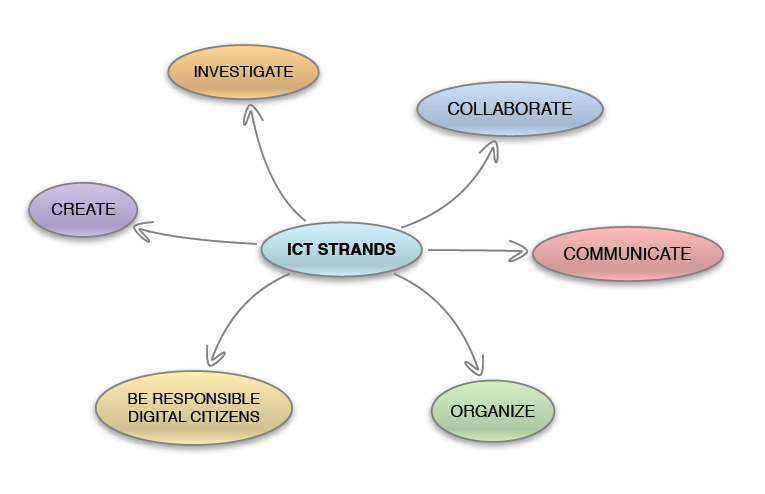One of the new 21st Century skills that is being highlighted by many technology blog posts is about the importance of know how to code for all future employees.
Coding is about programming computers or mobile devices or put simply, creating Apps. Many organizations have specially designed Apps tailored to their organization's needs. Students who learn to code will be developing creativity, problem solving as well as collaboration and communication skills.
Below is a technology in education blog post with names of Apps which teach coding.
Try it out with your child! 7 Apps to Teach Children Coding
Another recent article in, iPad 4 Schools blog, is called "Kids Must Code on iPad". (click here) Coding is being touted as an important 21st century skill.
Coding is about programming computers or mobile devices or put simply, creating Apps. Many organizations have specially designed Apps tailored to their organization's needs. Students who learn to code will be developing creativity, problem solving as well as collaboration and communication skills.
Below is a technology in education blog post with names of Apps which teach coding.
Try it out with your child! 7 Apps to Teach Children Coding
Another recent article in, iPad 4 Schools blog, is called "Kids Must Code on iPad". (click here) Coding is being touted as an important 21st century skill.




